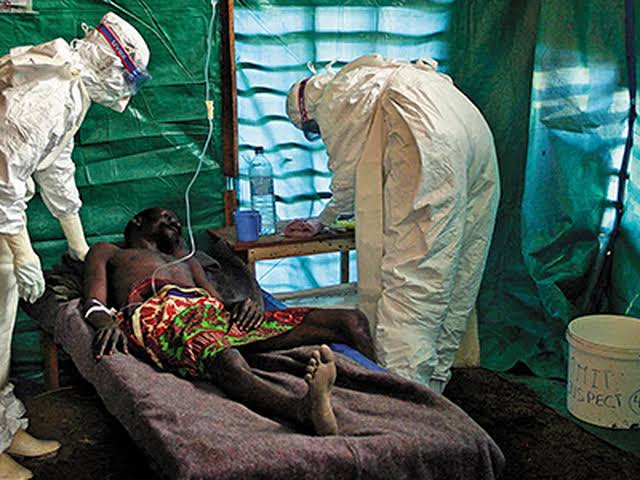Breaking News
New Ebola Outbreak in DR Congo’s Kasai Province Kills 15, WHO Deploys Experts
Health authorities in DR Congo have confirmed a new Ebola outbreak in Kasai Province, killing 15 since late August. The Zaire strain is involved, with WHO sending experts and 2,000 vaccine doses ready for deployment.

Health authorities in the Democratic Republic of Congo (DRC) have confirmed a new Ebola outbreak that has claimed 15 lives since late August, according to the country’s Health Minister, Samuel Roger Kamba.
Speaking in Kinshasa on Thursday, Kamba said the outbreak was detected in central Kasai Province, with provisional records showing 28 suspected cases. The first infection was reported on August 20 in a 34-year-old pregnant woman admitted to hospital.
“This is the 16th outbreak recorded in our country,” the minister announced.
The World Health Organization (WHO) has warned that case numbers could rise. Experts from the agency have joined Congolese response teams on the ground.
“We’re acting with determination to rapidly halt the spread of the virus and protect communities,” said WHO Regional Director for Africa, Mohamed Janabi.
Authorities confirmed that the outbreak involves the Zaire strain of the virus — the same strain responsible for earlier deadly outbreaks — for which a vaccine exists. “Fortunately, we have a vaccine for this Zaire strain, but to deploy it we need to ensure the logistics,” Kamba noted.
The DRC currently holds 2,000 vaccine doses in Kinshasa, alongside stockpiles of treatments that will be transferred to Kasai to aid response efforts.
Ebola, first identified in 1976 and believed to originate from bats, is spread through direct contact with bodily fluids. The disease often leads to severe bleeding, organ failure, and in many cases, death.
The last Ebola outbreak in the DRC occurred three years ago, killing six people. The deadliest was between 2018 and 2020, when nearly 2,300 people died.
The DRC, a vast country of more than 100 million people and four times the size of France, continues to face major logistical hurdles due to poor infrastructure and limited transport networks, complicating outbreak response.










